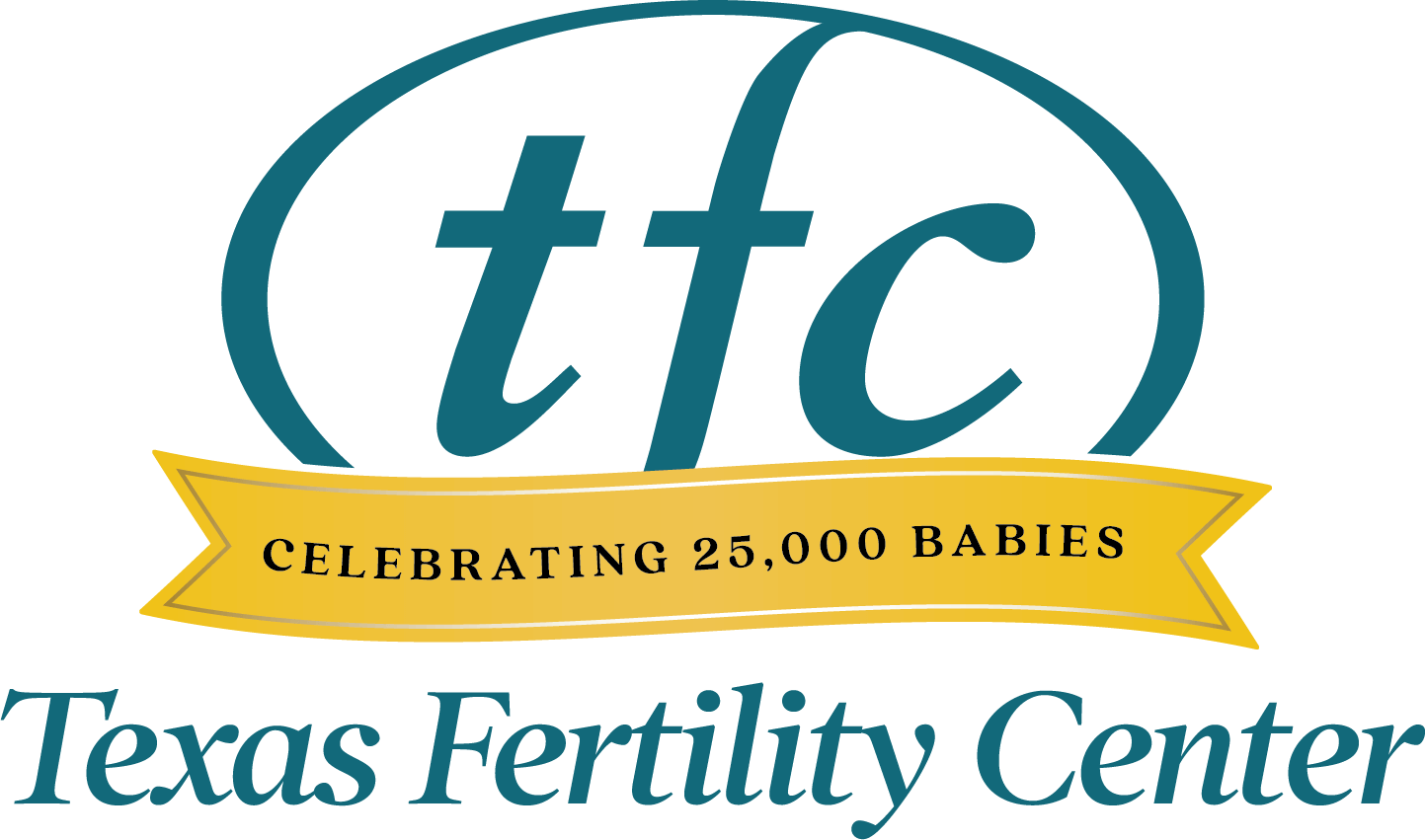Trying to conceive? Learn about the impact of lifestyle on fertility
 When it comes to fertility, some factors cannot change, such as your age, family history and medical history. However, the impact of lifestyle on fertility is important to understand, as many men and women can make changes that make it more likely to get pregnant. Our New Braunfels fertility specialists encourage people to make positive lifestyle changes to improve fertility, especially if they are struggling to conceive.
When it comes to fertility, some factors cannot change, such as your age, family history and medical history. However, the impact of lifestyle on fertility is important to understand, as many men and women can make changes that make it more likely to get pregnant. Our New Braunfels fertility specialists encourage people to make positive lifestyle changes to improve fertility, especially if they are struggling to conceive.
Factors that are known to affect fertility
The impact of lifestyle on fertility can’t be overstated, but the good news is that many people struggling to conceive do get pregnant once they choose to take control of their health. Dr. Susan Hudson, Texas Fertility Center New Braunfels, outlines key changes for women and men that can improve fertility and benefit overall health.
- Diet – Your body, including the reproductive system, needs a healthy, balanced diet to function fully and efficiently. A nutrient-rich diet consisting of whole foods and minimal processed foods also helps people maintain a healthy weight, which benefits fertility.
- Weight – Excess weight for a woman can affect ovulation, reducing the chance of pregnancy. Similarly, being underweight can interrupt ovulation and decrease fertility. Obesity in men is linked to lower-quality sperm and reduced sperm count.
- Exercise – Regular exercise improves fertility and overall health for both women and men. However, excessive exercise in women is linked to reduced pregnancy rates. We recommend that women stick to a routine of moderate exercise.
What to cut out to improve fertility
Just as what goes into your body is important when you are trying to conceive, cutting out unhealthy habits can also benefit fertility in both men and women. When thinking about the impact of lifestyle on fertility, realistically assess your intake of substances that are known to negatively affect not just fertility, but your overall health.
- Smoking – A significant factor, using any type of nicotine or marijuana/CBD increases the risk of infertility in women and decreases sperm quality in men.
- Alcohol – Research has connected even moderate drinking to reduced fertility for both women and men. Avoiding alcohol is the best option, but if you drink, limit your alcohol intake to two to three drinks per week.
- Drug use – The use of illicit drugs and abuse of prescription drugs decrease fertility for both women and men.
- Caffeine – Women and men should limit intake to no more than 200 mg of caffeine a day…the equivalent of a little more than one cup of coffee a day.
Don’t overlook the mind-body connection
The connection between stress and fertility is real, but is more indirect. Stress can often lead to a lack of sleep, anxiety and depression, all of which can affect fertility. Stress can cause people to make poor diet choices; increase the use of alcohol, nicotine and marijuana; and decrease motivation to exercise, resulting in reduced fertility.
This is one impact of lifestyle on fertility that people may have a harder time getting under control, but there are things you can do to improve fertility along with your mental health. Our New Braunfels fertility specialists recommend you work to manage stress with techniques such as a more balanced work schedule, regular exercise and relaxation methods. Many people also benefit from therapy to learn stress-reduction techniques.
Understanding the impact of lifestyle on fertility can improve your health
All of these lifestyle changes not only benefit fertility, but improve overall health. They help prepare a couple to become pregnant; have a healthier pregnancy; and be strong, healthy parents.
Our fertility specialists can help you assess which lifestyle changes you can implement to improve fertility, and can identify and treat any other issues that may affect your ability to get pregnant. Contact us for an appointment with our New Braunfels fertility specialists to get started.





